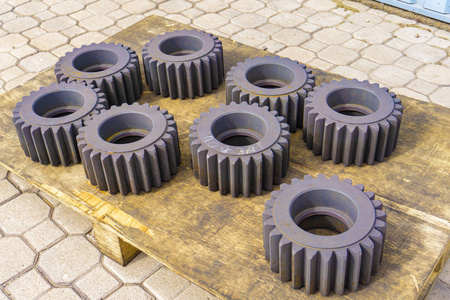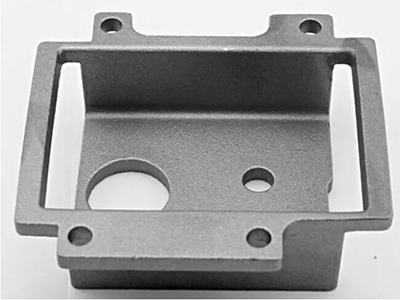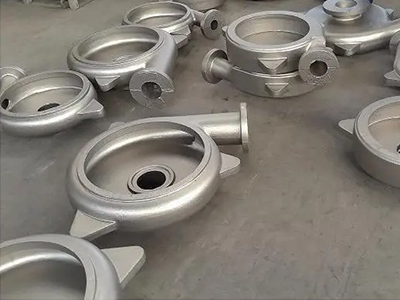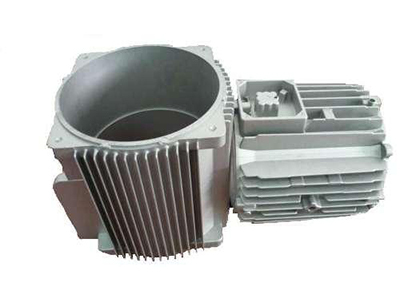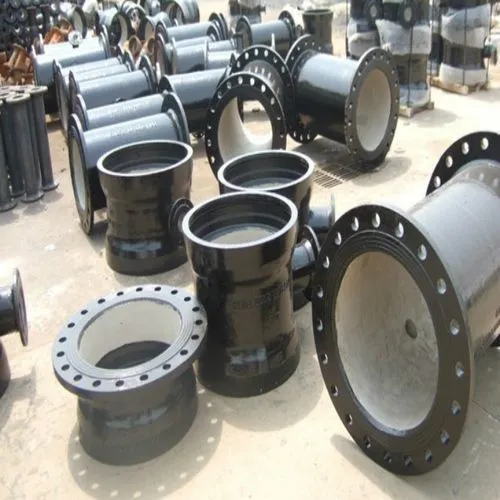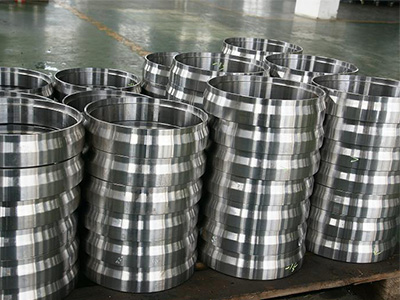- Introduction to the adjustment method of rotary kiln roller steel castings
- Where is the large-scale cast steel parts used?
- Testing method of large Gray Iron Slag Pot Castings
- The difference between precision castings and general castings
- Process Classification of Precision casting
- Forging steel valve and casting steel valve
- Carbon Steel Casting Alloys
- Custom Stainless Steel Casting Manufacturing
- Factors affecting machine tool castings
- Introduction of cast Iron Materials
- Call : +86 13390692151
- sale@kfqizhongji.com
-
Room 1, No. 21, Chaoying East Road, Zhoushi,
Kunshan City, Jiangsu Province, China
Process Classification of Precision casting
Hot precision forging process: the precision forging process in which the forging temperature is above the recrystallization temperature is called hot precision forging. Kunfeng heavy Industry introduces that hot precision forging materials have low deformation resistance, good plasticity and easy to form complex workpieces, but the surface quality and dimensional precision of workpieces are low because of strong oxidation. The common technological method of hot precision forging is closed die forging.
Cold precision forging process: cold precision forging is a precision forging process carried out at room temperature.
Process features: the shape and size of the workpiece can be easily controlled to avoid errors caused by high temperature; the strength and precision of the workpiece are high and the surface quality is good. Cold forging process towel, the workpiece plasticity is poor, deformation resistance is large, requirements for dies and equipment, and it is difficult to form parts with complex structure.
Warm precision forging process: precision forging process carried out at a suitable temperature below the recrystallization temperature.
The precision forming technology of warm forging not only breaks through the limitations of large deformation resistance, less complex shape of parts, need to increase intermediate heat treatment and surface treatment steps in cold forging, but also overcomes the strong oxidation in hot forging. The problem of reducing surface quality and dimensional accuracy. At the same time, it has the advantages of cold forging and hot forging, and overcomes their shortcomings.
Compound precision forging process: with the increasing complexity of precision forging workpiece and the improvement of precision requirements, the simple cold, warm and hot forging process can not meet the requirements. The compound precision forging process stitches the cold, overflow and hot forging processes to complete the forging of a workpiece, which can give full play to the advantages of cold, warm and hot forging and abandon the disadvantages of cold, warm and hot forging.
Isothermal precision forging process: refers to the die forging of the billet at a constant temperature. Isothermal die forging is often used for precision forming of difficult deformation materials such as titanium alloy, aluminum alloy and magnesium alloy in aerospace industry, and it is also used in precision forming of non-ferrous metals in automobile and machinery industry in recent years.
Kunfeng heavy Industry introduces that it is mainly used in forging metal materials with narrow forging temperature, especially titanium alloys which are very sensitive to deformation temperature.
